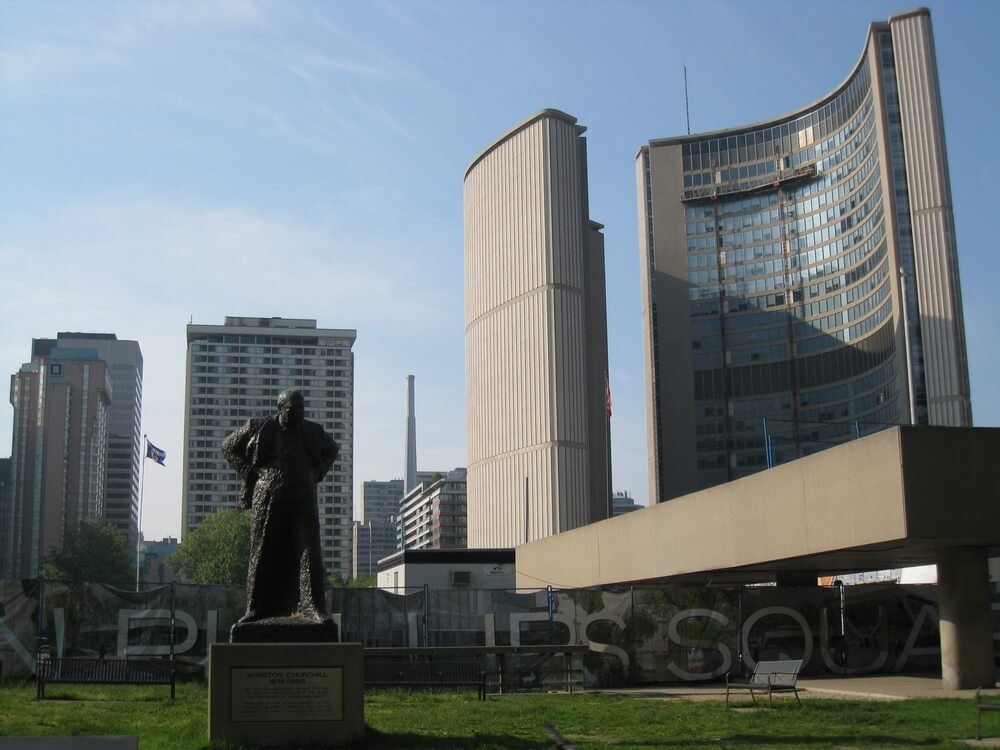New research finds gendered assumptions about leadership persist
The mayor’s office shouldn’t be a men’s club.
Municipal politics remains a masculinized space in Canada, and particularly so for mayors, which is the most prominent, prestigious and powerful position on council. Data show that just one-fifth of mayors in Canadian municipalities are women.
One reason for the dearth of women mayors in Canada is that women simply don’t run. This is especially true in larger municipalities. A recent study of mayoral elections between 2006 and 2017 in Canada’s 100 largest cities shows just 16 per cent of the candidates were women. In 44 per cent of these elections, there wasn’t a single woman candidate.
For the most part, we know why women don’t run. Unequal caregiving burdens, domestic pressures, limited access to traditional political networks and less economic capital are among the commonly cited obstacles. And let’s face it, the political arena is frequently a hostile place.
Together, these are precisely among the reasons we need more women in politics in the first place.
But gendered assumptions about leadership qualities continue to significantly hamper women’s candidacy. In new research, my colleagues and I reveal that mayoral candidates must navigate a tricky labyrinth of gendered stereotypes. Using data from the Canadian Municipal Election Study, we examine how more than 14,000 respondents describe 32 mayoral candidates who ran in eight recent municipal elections.
Our study finds female mayoral candidates receive more negative commentary than male mayoral candidates. While the difference is small, the implications are significant.
When respondents talk about female candidates, they more often use feminine descriptors, including “kind,” “approachable” and “nice hair.” These feminine traits are often described positively. However, because voters generally seek out political leaders who demonstrate qualities associated with masculinity, including courage, fearlessness and tenacity, rather than offering a boost, the association with femininity is probably more of a barrier.
On issues, women are often viewed as having a competitive edge in areas associated with local governments, including public health, housing and culture. However, respondents’ comments linking female candidates to these issues were more negative than those about male candidates. When they did link female candidates to stereotypically masculine issues, like infrastructure, the association was negative.
To overcome these stereotypes, female candidates frequently adopt a trait-balancing strategy that walks the line between masculinity and femininity. This approach was evident in Valérie Plante’s first mayoral campaign in Montréal. One of her early campaign posters showed her in a grey suit, arms crossed, with the tagline “L’homme de la situation” or the “the right man for the job.”
Plante was ultimately elected, but the dance is a fine one and doesn’t come without risk. Most crucially, when respondents in our study used more masculine terminology to describe female mayoral candidates, they did so disapprovingly. Candidates who seem too feminine are less likely to be viewed as strong leaders, while women who go against type and demonstrate more masculine trait and issue strengths may very well face a backlash.
Plante, in addition to her other qualifications and skills, clearly struck the right balance — landing a second term earlier this year. In Mississauga and Victoria, Bonnie Crombie and Lisa Helps were also returned to office in their most recent elections. These political successes prove that the mayoralty isn’t just a man’s job — but they are the exception not the rule. Calgary and Regina just elected Jyoti Gondek and Sandra Masters: they are the first women mayors in the history of both cities.
In Ottawa, men have occupied the mayor’s chair for the past 25 years, but this longevity is somewhat of a departure. Through the 1950s to the 1990s, Charlotte Whitton, Marion Dewar, and Jacquelin Holzman all served as the city’s mayor. Current mayor Jim Watson has announced he will not run again in 2022. This has many wondering whether history will finally repeat itself; so far, one woman and one non-binary candidate have said they will run.
The outcome will depend, in part, on how prospective candidates navigate the gendered assumptions about leadership that shape voter evaluations.
Conventional wisdom suggests local politics is the level of office most hospitable to women, but this is largely wishful thinking. What’s more, the top municipal job remains a mostly male domain. It’s time we cast off gendered stereotypes. It’s time to elect more mayors who aren’t men.
Photo courtesy of DepositPhotos



